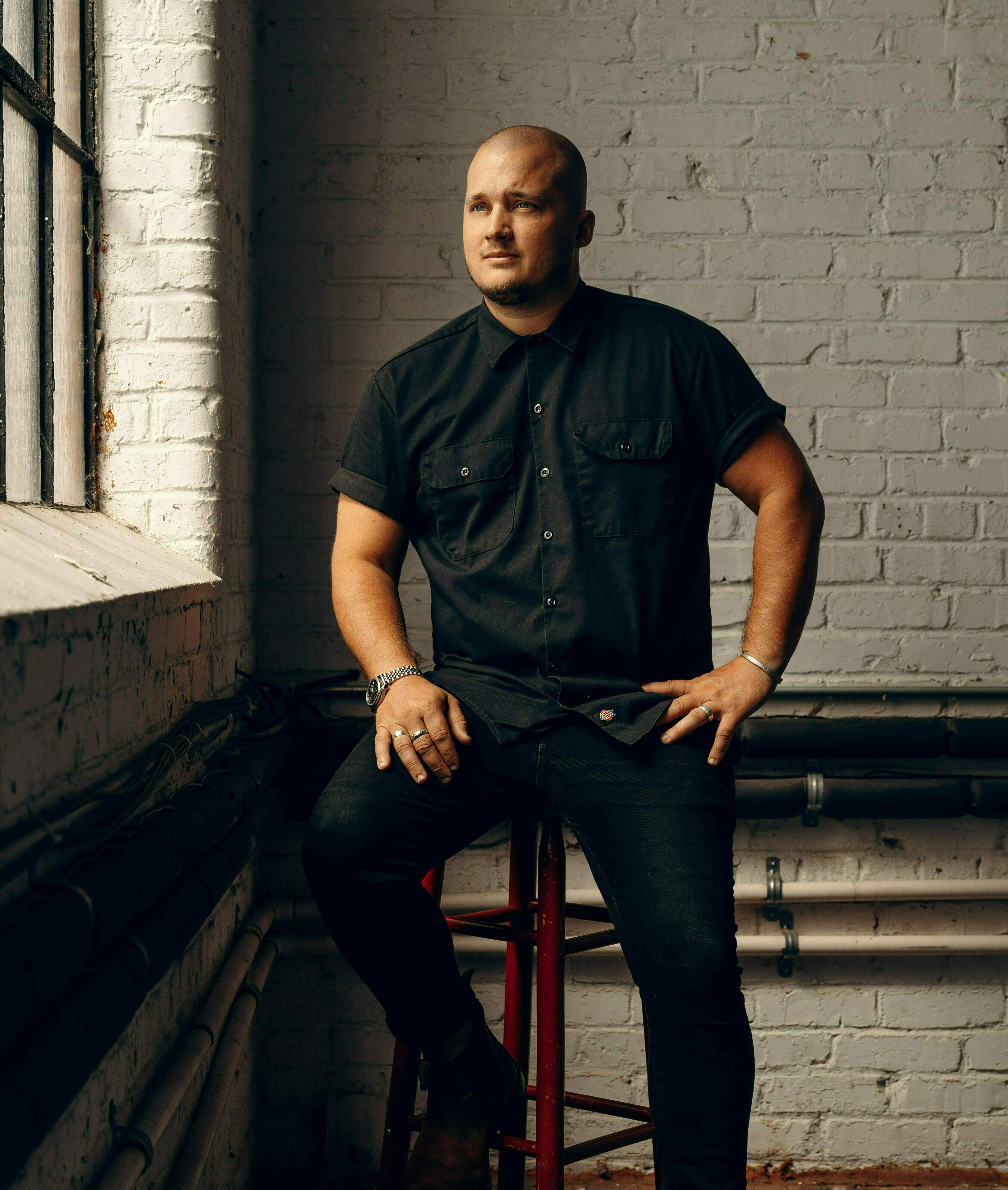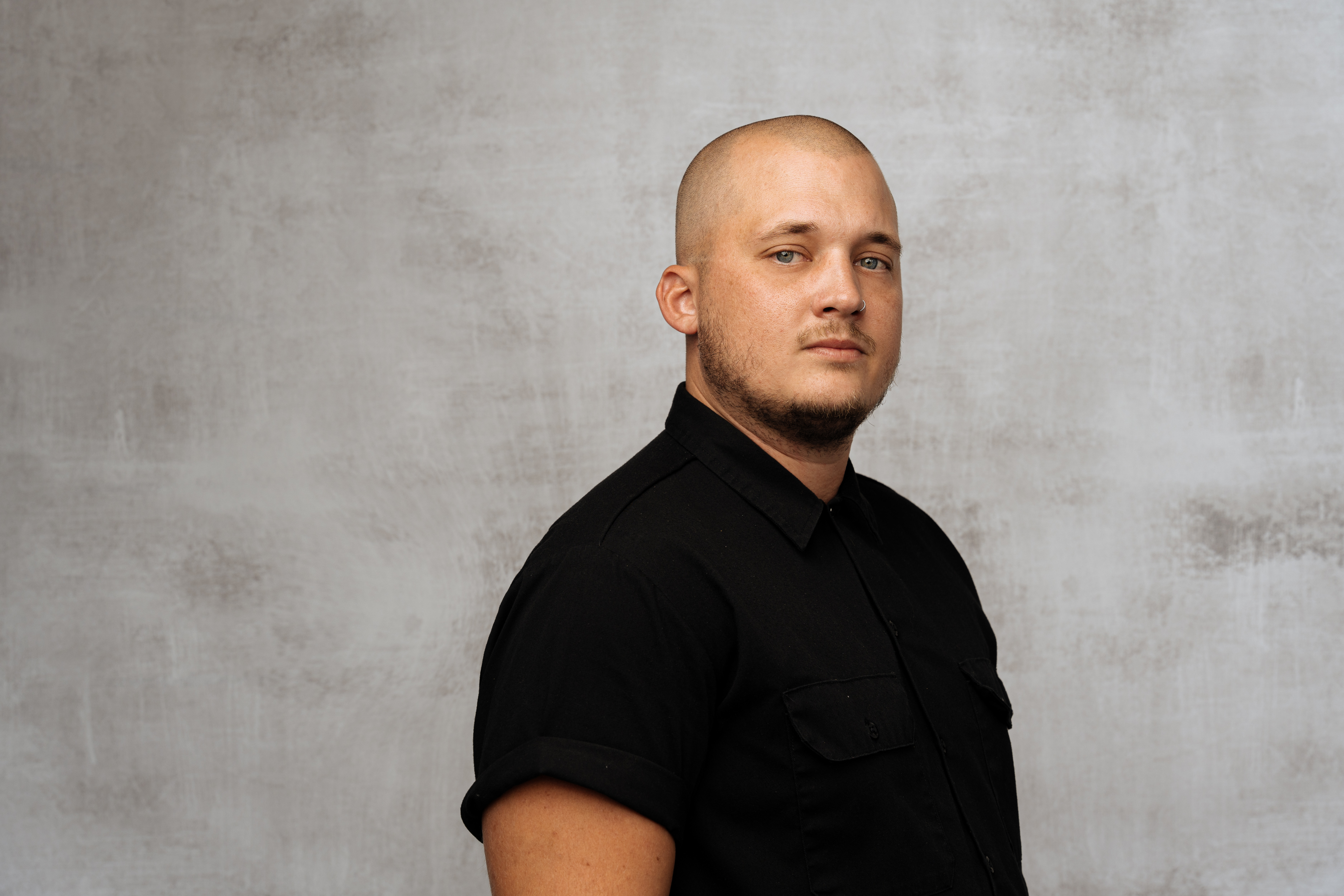How did you figure out what your product would be?
The tip of the iceberg for me was coming up with a logistics process that could help source materials more easily than find ways to either restore value to those materials, or the material was already inherently valuable.
I decided on household plastic waste after exploring industrial waste and other materials. But two months out, I had to pivot to glass because we were hitting so many dead ends.
There are seven different types of plastics and different colors within those, but a lot of customers want one specific type and color. That’s very difficult to get from households, and also would require a separate facility for sorting with mechanization or manual labor.
You try not take the pivot as like a failure. After about a month, month-and-a-half, we realized there was a real opportunity there.
But did it feel like failure at first?
Oh yeah. I stayed in bed the whole day. It had been two-and-a-half years of just solid research and really believing that I was gonna pull something off on the plastic front.


I think after that first day I got up and I was like, this actually isn't a killer. I realized I’m not in the market, not losing customers necessarily. It's just more mental—I've gotta work around it. That was one of our first big pivots.
And glass-to-sand turned out to be the right pick.
Yeah. Sand is, in a lot of circles, considered to be the world's second most consumed natural resource. So, we've never had any problem moving it. The main revenue stream is the subscribers [we collect from]. We’ve sold a good bit of sand back to them.
It's basically two businesses crammed into one, which I wouldn't have it any other way. It's a logistics business on the front end, and on the back end is manufacturing.
How do you find buyers for your sand?
I've been pretty lucky in that there's just been a lot of organic interest. Our subscribers really like us, so they tell their neighbors and keep the pipeline packed. We did one Next Door (neighborhood app) ad pretty early on and a couple small Facebook ads here and there. But we're really the only people that do this regionally, which is a pretty lucky place to be as well.
Also, I'm pretty well networked. I grew up in Greenville. My dad had a company here. I know a good bit of people. Plus, we're a NEXT company and an SCRA company, which helps funnel people our way.
What are your biggest challenges right now?
You start off with just a few you can easily manage yourself, like getting your website and business name done. But as time goes on, all of a sudden three projects turn into six, and those projects are a lot bigger. So, for me, it’s having the capital so we can operate in the black and hire the people to take care of some of those responsibilities.
As a founder of a business that wants to scale nationally, you gotta have time on your hands, because really no one else is going to sell the business like I can sell the business. I really need to be putting more time into fundraising. Like anything in business, you gotta have money to make money.
What are the barriers between you being regional and going national? What are the steps required to make that scale?
I would say we're well on our way. We're already in early talks about doing some franchising through somebody who advises us from time-to-time and has franchised another company in the waste collection industry.
We just need to make sure that the processes are well documented and can be easily stamped out from town to town, city to city.
We're still tweaking the model a little bit to get it to where it's in a more scalable position before testing the waters. We might keep the first few expansions under our own roof before franchising.
So, I’d say that's probably our biggest barrier right now, and I think the way you overcome that is just a little bit more time in the market.
At OrangeWip, we talk about “aha” and “oh shit” moments. What have been the biggest highs or lows in your experience so far?
One high point was getting into a really good green business accelerator early on. In my mind, it's kinda like getting paid to go to grad school or being trained to be a better C-level employee.
But what that did was open up a lot of doors for us in terms of additional investors. We even did a big crowdfunding raise last year, but that happened as a result of getting into the accelerator as well.
As far as “oh shit moments,” pick one; it happens every day.
When I first started, I was a lot more optimistic, thinking that so many of my options could make a big impact by the end of the year. And it never goes that way. Not that it's bad, it's just never what you expect, you know? But that's business, I guess.
